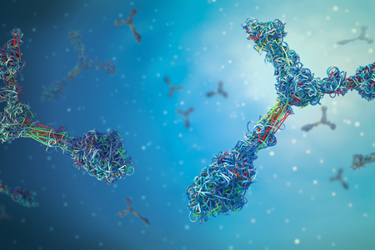Defining The Necessary Steps In Antibody Development

Monoclonal antibodies, the fastest-growing segment of biological drugs, are utilized for treating various conditions such as cardiovascular disease, cancer, and rheumatoid arthritis. Advanced technologies like hybridoma technology, phage display, and recombinant DNA technology are employed to enrich the process of antibody development. After development, these antibodies undergo three-phased trials for rigorous testing. Successful Phase III trial drugs are then mass-produced under stringent quality control measures in compliance with Good Manufacturing Practices (GMP). However, before market introduction, these therapeutic antibody drugs require regulatory approval. This article takes a comprehensive look at all of these processes and their importance during antibody development.
Get unlimited access to:
Enter your credentials below to log in. Not yet a member of Cell & Gene? Subscribe today.
